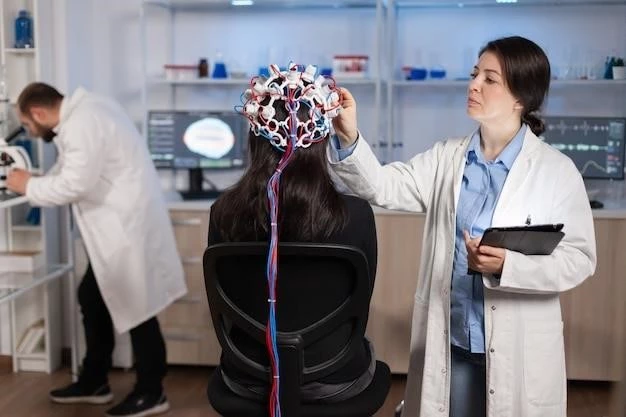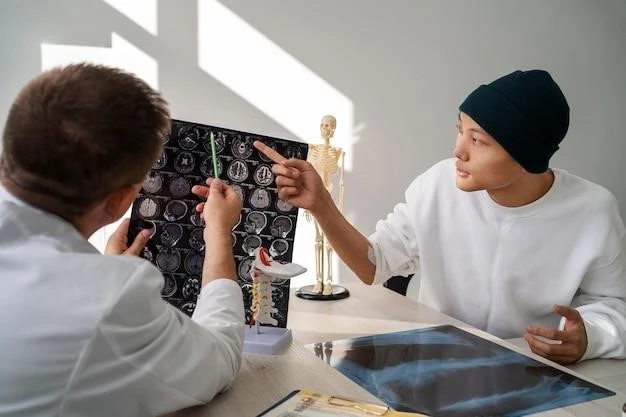Neurological Implications of Cerebral Malformations
Cerebral malformations can lead to a variety of neurological implications, including seizures, developmental delays, intellectual disabilities, and motor impairments. The exact symptoms and severity depend on the specific malformation present in the individual’s brain. Treatments for cerebral malformations may involve medications to manage symptoms like seizures, physical therapy to improve motor skills, and in some cases, surgical interventions to correct structural abnormalities in the brain. Early diagnosis and personalized treatment plans are crucial in optimizing outcomes for individuals with cerebral malformations.
Cognitive Effects of Cerebral Malformations
Cerebral malformations can have significant impacts on cognitive function. Individuals with cerebral malformations may experience challenges with memory, attention, problem-solving, and overall cognitive development. It is essential for healthcare providers to assess cognitive functions in individuals with cerebral malformations to tailor interventions that address specific cognitive deficits. Treatment approaches may include cognitive therapy, educational support, and assistive technologies to enhance cognitive skills and improve quality of life.
Genetic Factors in Hypertrichosis Development
Hypertrichosis, characterized by excessive hair growth, has genetic underpinnings. Both congenital and acquired forms of hypertrichosis exist, with genetic mutations playing a significant role in its development. Specific genes and inheritance patterns contribute to the manifestation of this condition. Understanding the genetic factors involved in hypertrichosis is crucial for accurate diagnosis and personalized management strategies. Genetic counseling may be beneficial for individuals seeking more information about the hereditary aspects of hypertrichosis.
Psychosocial Challenges Faced by Individuals with Hypertrichosis
Individuals with hypertrichosis often face psychosocial challenges due to the visible nature of excessive hair growth. These challenges may include feelings of self-consciousness, social stigma, and emotional distress. Coping with the psychological impact of hypertrichosis is important for overall well-being. Support groups, counseling, and educational resources can help individuals with hypertrichosis manage psychosocial difficulties and develop strategies to enhance self-esteem and confidence in social settings.

Surgical Interventions for Claw Hands Deformity
Claw hands syndrome, characterized by finger flexion deformities, may require surgical interventions to improve hand function and aesthetics. Surgical procedures for claw hands deformity aim to release tight tendons, realign joints, and restore hand dexterity. Hand therapy post-surgery is vital for optimal recovery and functional outcomes. Surgeons work closely with hand therapists to develop personalized rehabilitation plans tailored to each patient’s needs. Successful surgical interventions can significantly enhance the quality of life for individuals with claw hands syndrome.
